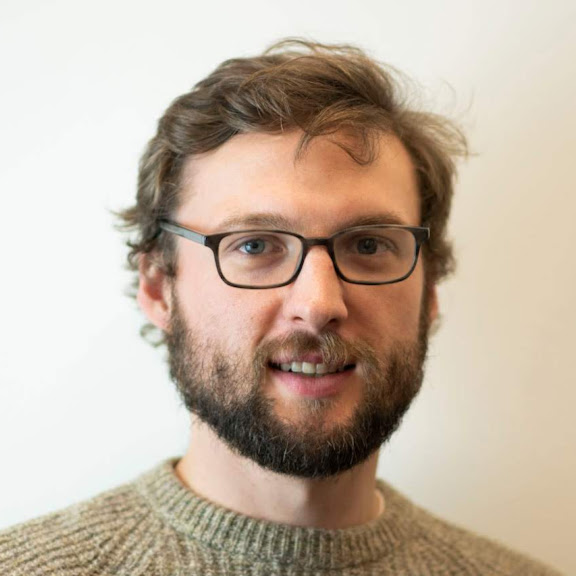
What are your key roles and responsibilities in your current positions? What do you like most about your job and what do you find most challenging?
In my current role, I manage a small team responsible for a large portfolio of customer education programs. Tulip makes complex software for manufacturing, and it’s our job to make sure that our customers can learn what they need to be successful with our product and in their role as easily and efficiently as possible. In practice, this means managing product documentation, self-paced eLearning, our user community, live training, and higher education partnerships, as well as setting, executing on, and measuring the success of a broader education strategy.
What I like most about this job is that it’s extremely varied and challenging, and that I get to see my work directly benefit our customers. When I joined Tulip, there were fewer than 30 employees. Today, we’re over 300 and growing fast. Every 6 months my job has changed in exciting and meaningful ways. It’s a constant exercise in learning, adapting to change, and integrating new information.
List or describe the top 5+ professional skills that are crucial to your role.
Being successful at my job can boil down to some basic skills that are simple but not easy. More or less: Can you clearly understand and articulate why education is essential to achieving our 2-5 year company strategy, and then marshal the resources you have available to make that goal a reality at the company’s current stage of growth? So everything I list below is true, but looks different year to year.
Transferrable Skills:
- Project management
- People management/Leadership
- Adaptability
- Comfort with change
- Ability to learn quickly
- Prioritization
- Organization
- Communication
- Humility
Technical Skills:
- Basic software literacy
- Understanding of instructional design/adult learning
- Understanding of SaaS business models and growth strategies
- Basic data literacy
How did your time at Yale shape your career trajectory? For example, what skills and/or experiences did you acquire that have contributed to your career success?
My time at Yale had a big impact on my ability to transition to industry. When I started at Tulip, I was responsible for content marketing and other demand generation programs. Basically, my job was to learn as much about our audience as possible, and use writing to explain what the product was, it’s value to our users, and how we fit within the broader manufacturing technology market. This meant taking complicated software, manufacturing, and product concepts and communicating them clearly. It was creative in a way that felt just like working on research projects. Most of my work during my PhD was oral history and archival research. To write my dissertation, I needed to learn as much about my topic as possible, distill it down into a story that made sense and contributed something new and relevant to the conversation, and write a lot of compelling words really fast. That was exactly what I did in industry my first year: interview a lot of people, do a lot of research, and simplify really complicated subject matter into clear prose.
After a little over a year in, I moved into a new role to build an education program. Here, my experience designing classes, teaching students, and thinking about learning outcomes directly informed my work. The way you learn to structure large amounts of information as a PhD is a gift that keeps giving in industry.
I feel like being able to learn quickly, think deeply, communicate clearly, and integrate new information has been foundational to my success in industry.
What were the biggest challenges that you faced when transitioning to different workplaces and cultures? What advice and suggestions can you offer to current students to help them prepare for those challenges?
A PhD in the humanities prepares you for a lot, but tech is a completely different context. It moves at light speed, changes rapidly, and requires a level of organization and collaboration that I had no precedent for in my PhD work. There were definitely some growing pains during the transition.
It’s just a completely different approach to producing work. In tech, the culture is the deliver small, potentially unfinished things at a rapid cadence, with the idea that you learn from doing and getting feedback from the market on what you’ve done. In academia, people deliver large, finished chunks for work infrequently and, let’s be honest, you have to be brave to present true work-in-progress given academia’s feedback culture.
There’s also a level of organization and communication required that I wasn’t prepared for. During my PhD, as long as my advisor knew I was on schedule and my students knew what was on the syllabus, I was good. In industry, you have to communicate frequently to anyone and everyone who could be impacted by your projects. You have to have project structures and plans documented in publicly available locations, and send updates early and often. It’s not hard, but in any sort of industry role‚ and especially leadership roles, being organized and communicative is the job.
All of this stuff can be learned on the job, but whatever you can do work on projects that move faster than a chapter a semester, and that involve more moving parts than you and a stack of library books will give you a leg up.
